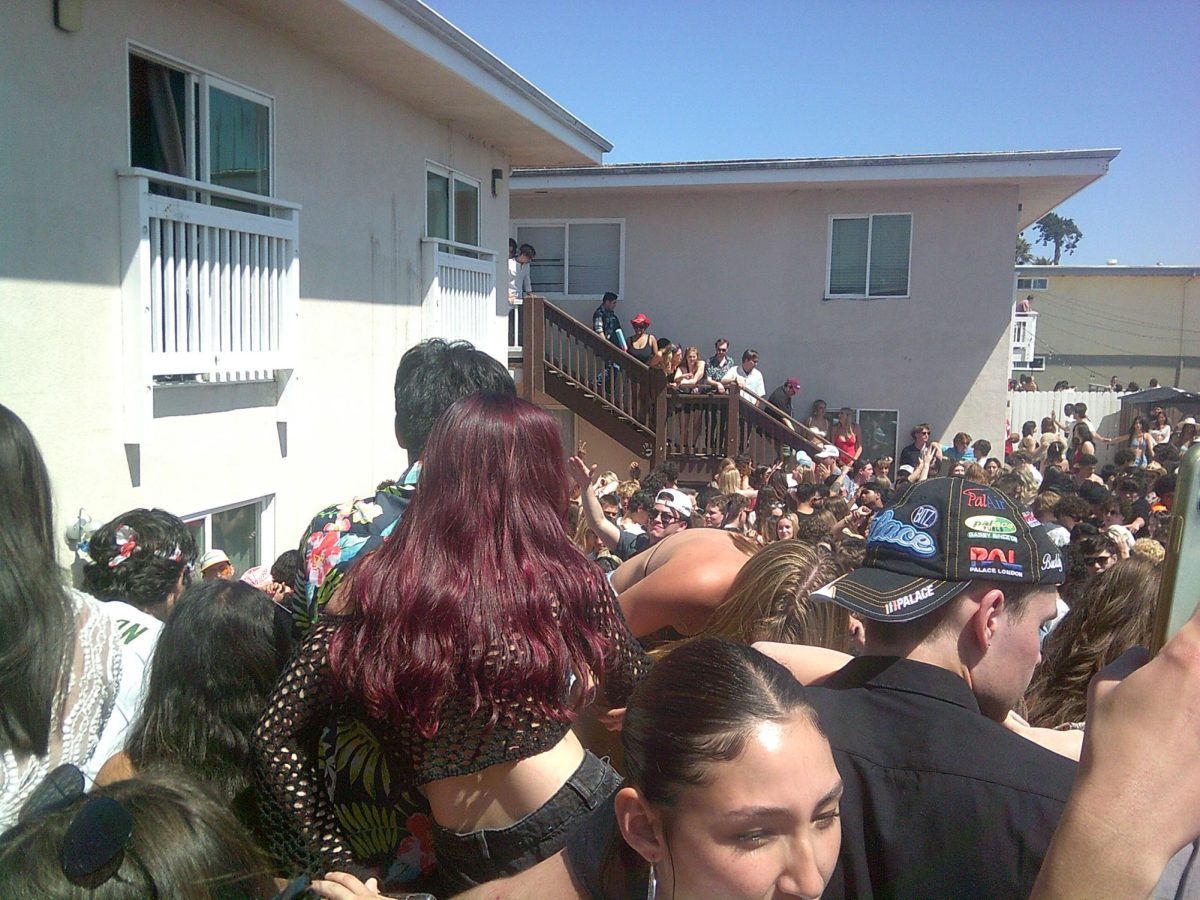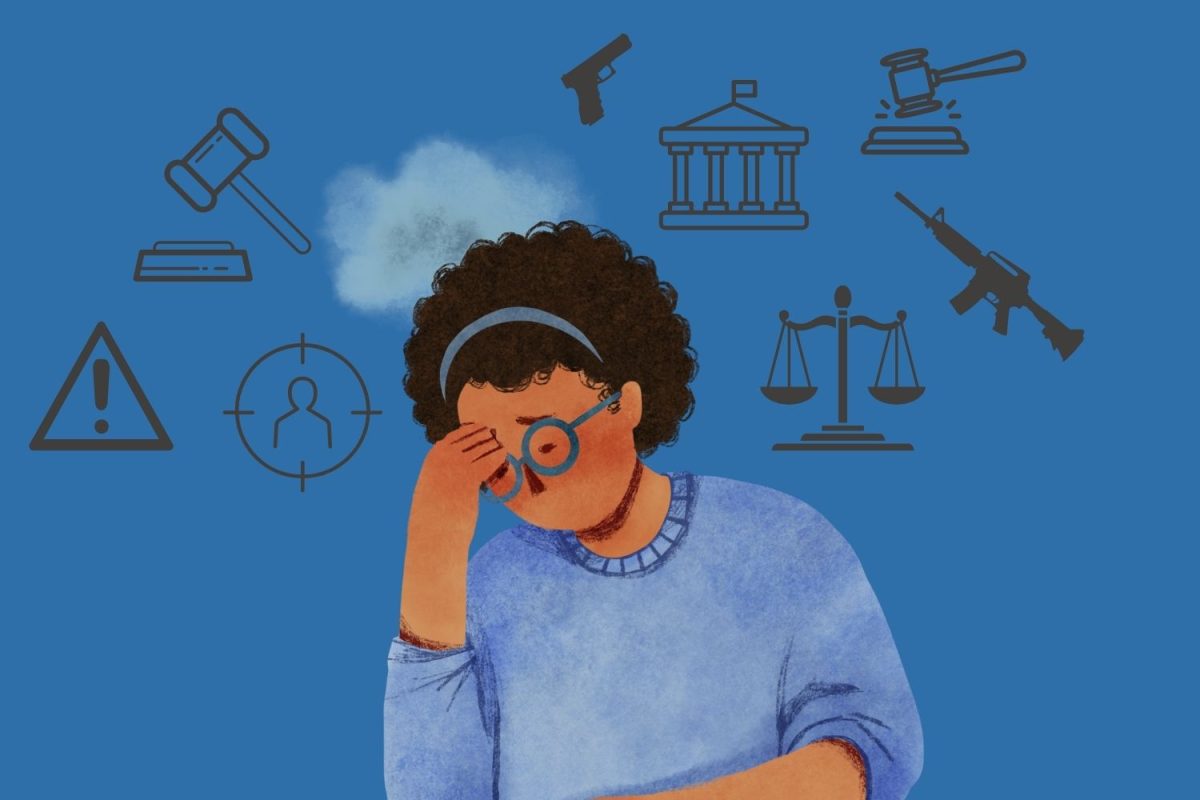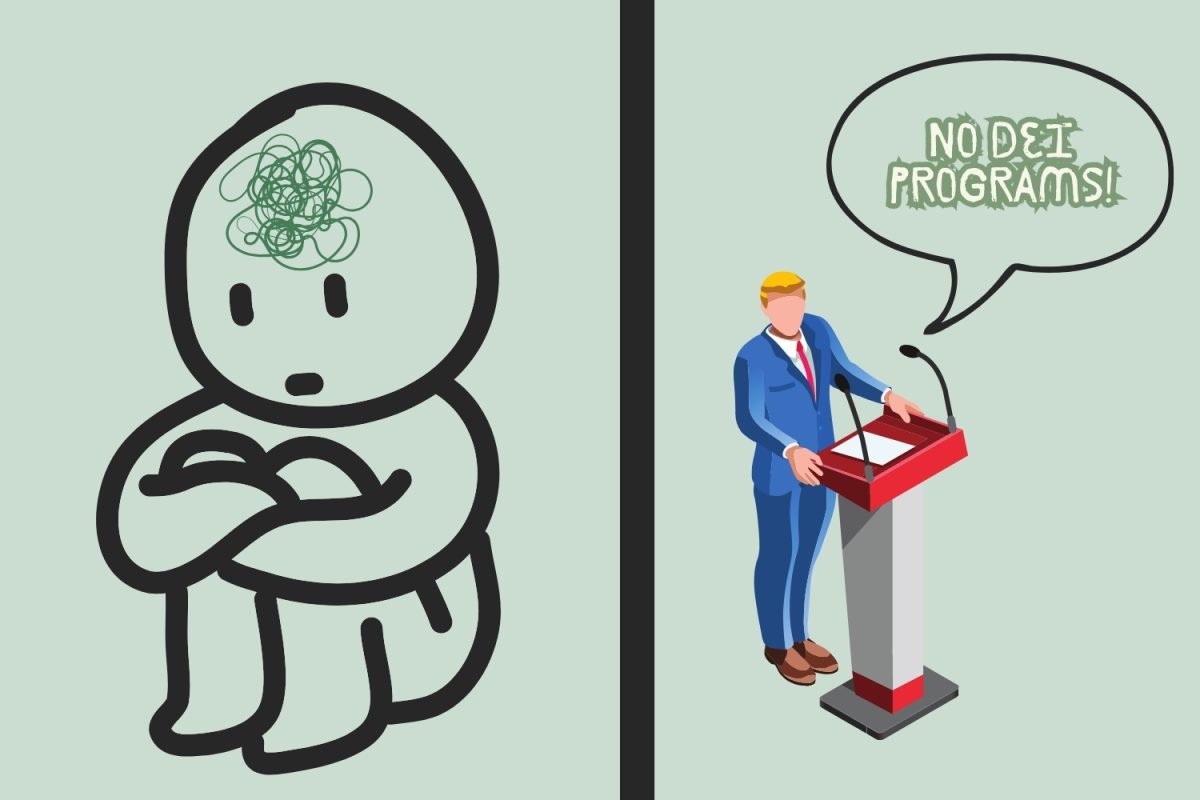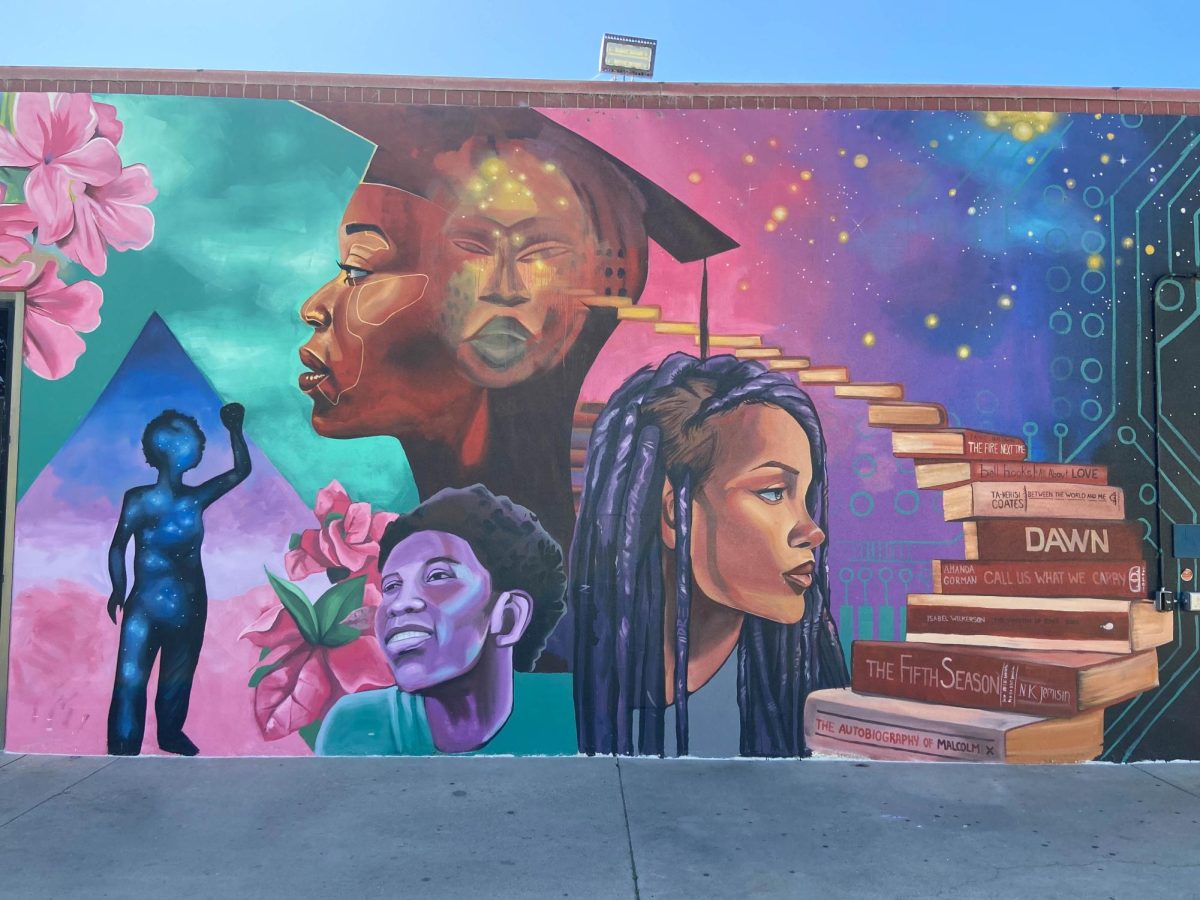
“I’m not like other girls.”
The phrase is uttered in countless movies and TV shows and thrown around as a joke, but the impact it has is colossal.
I’m not like other girls.
Because being a girl is automatically embarrassing, regrettable.
Because stereotypical girls’ interests are looked down upon and belittled.
Because if I want to get anywhere in life I need to denounce my femininity and “man up.”
Thankfully, the dialogue is changing around me as I see powerful women embracing their femininity, but this idea has haunted me all the way through my teen years.
I went to a charter school up until eighth grade, and the partially-home-schooled, California-hippie environment allowed me to just exist. I liked skateboarding and pop music and Barbie movies and beach parties. I didn’t have to consider which of my interests were acceptable and which were “too girly.”
I loved public school when I started, with the bell schedules and popular kids and terrible cafeteria food. But I suddenly began to question my interests and how people saw me.
The idea that some things are for girls and some are for boys was absurd.
Even though it didn’t make sense, I wanted to be taken seriously.
So I decided I hated dresses, makeup and the color pink.
But when it became too hard to deny my personality, I gave in.
I wore ribbons in my hair and cute dresses and listened to Lady Gaga (“That’s not real music”) and allowed myself to be labeled as a ditz.
I was nice and bubbly and the “cute” one. That was my role.
When I decided I wanted to be taken seriously as a junior in high school, I denounced that side of me. I no longer liked things for the sake of liking them. I was serious, respectable. I didn’t care about looking pretty and I listened to deep music and read deep books.
And so continued the back-and-forth.
I’ll spare you the rest of the teen angst and self-discovery, but what matters is the moment when I realized none of it is real.
There are so many more important things in life than what my favorite color is or what genre of music I like.
You can’t blame girls for the internalized misogyny they often harbor, but the realization that you can be respectable and nice and “girly” all at once is so liberating.
I reclaimed my fun interests, without the ironic shield.
And I’m not arguing that “The Fault in Our Stars” is the peak of literary mastery and that One Direction is esteemed for its artistry, but maybe we should just let girls enjoy things.
There is no formula for being girly or not. I have a completely unique set of interests, some of which fall into the girly stereotype.
But it doesn’t mean anything beyond that.
It took me so long to realize that I don’t have to let other people decide who I am.
I can choose to demand respect.
And I’m proud to be like other girls.








